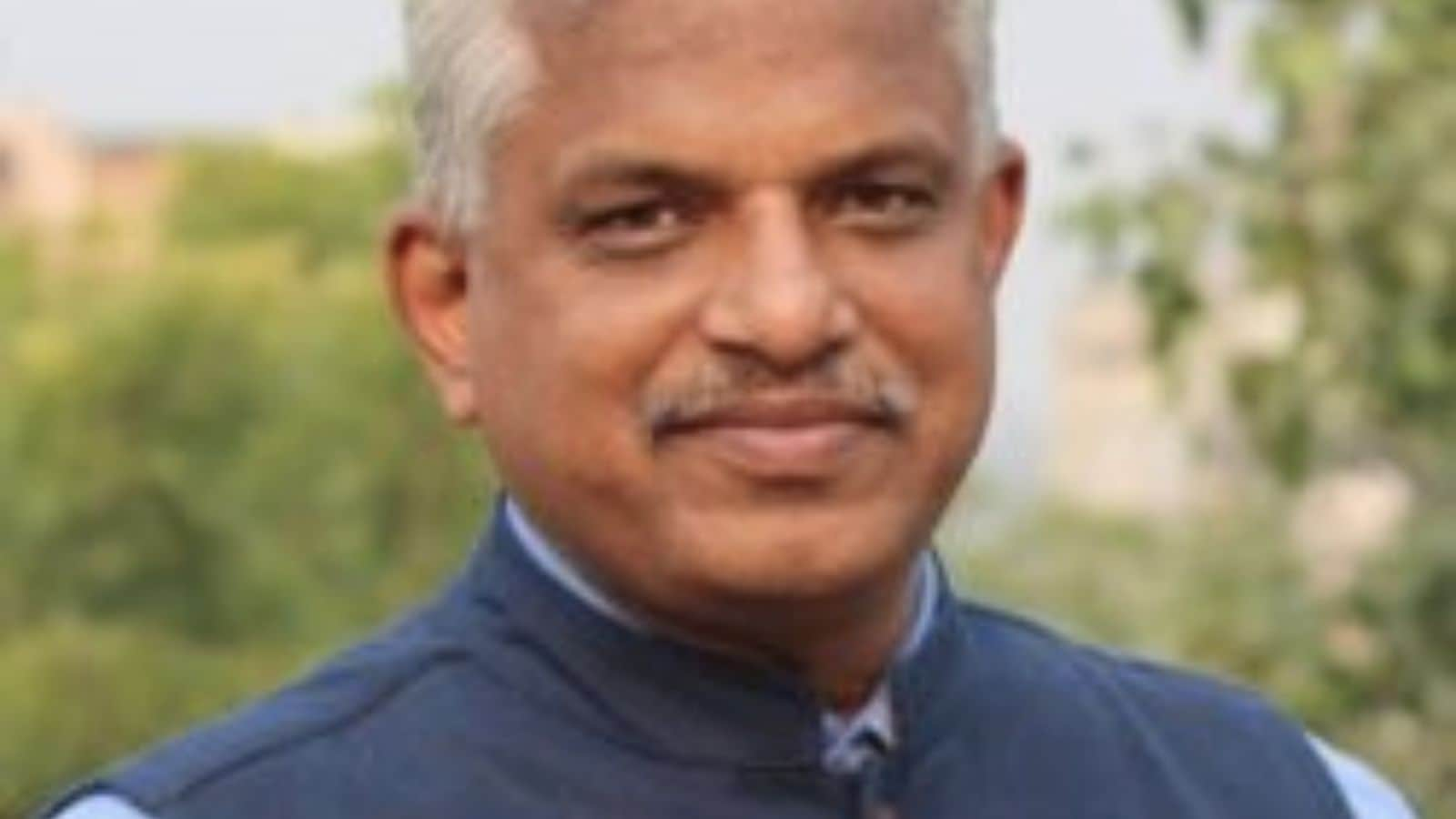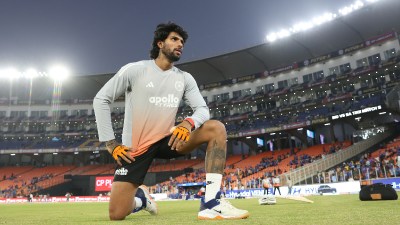Strongly opposing the idea of ‘One Nation One Election’, the Aam Aadmi Party (AAP) on Saturday wrote to the One Nation One Election high-level committee seeking to argue that the move would damage the idea of parliamentary democracy, the basic structure of the Constitution and the federal polity of the country.
One Nation One Election, the AAP sought to argue, would be unable to deal with hung legislatures, “actively encourage the evil” of anti-defection and the “open buying-selling of MLAs/MPs”.

The cost sought to be saved by simultaneous polls which were part of an “artificial cycle of elections” was mere 0.1 per cent of the central government’s annual budget and the tenets of the Constitution and democracy cannot be sacrificed for such “narrow financial gains” and administrative convenience, it added.
In a written communication to the committee, AAP national general secretary Pankaj Gupta stated that the AAP believes that One Nation One Election (ONOE) will damage the basic structure of the Constitution, as it will “infringe democracy, free and fair elections, federalism, and the parliamentary system.”
“ONOE will effectively transform the recurring boundary on democratic power into a countdown boundary, which would reduce the temporaneous distribution of democratic power to just two instants in time… the proposal for ONOE tries to impose a regressive system where if an alternative government with majority support cannot be culled out of the legislature, then the government which has lost the support of the legislature…continues to stay in power,” the AAP stated.
Questioning its impact on free and fair elections, the party stated that One Nation One Election poses the threat of “the national agenda” bestowing an unfair advantage on parties ruling at the national level over regional parties and other parties contesting the Centre-ruling party in the states detrimentally impacting the Indian multi-party system.
“While notable exceptions exist, evidence suggests that a very large number of voters tend to vote for the same party when elections to both the state Assembly and the Lok Sabha are held simultaneously or within a gap of six months. Voters tend to vote for the same party in the Assembly election for which they had voted during the Lok Sabha election. This creates an unfair advantage for the national parties,” it stated.
Story continues below this ad
Seeking to point out discrepancies with regard to the proposal’s propensity to deal with hung legislatures, the AAP expressed strong reservations against the suggestion that in the situation where no political party had a majority to form the government, the Prime Minister or Chief Minister may be appointed or selected in the same manner as a Speaker of the House or Assembly.
“This suggestion seems to be based on the grossly miscalculated assumption that if alliances made outside the House cannot forge the support of the majority members, such support can be garnered on the floor of the House…this assumption is backed by no logic, and it only changes the location of deciding the leadership…even if this…results in gaining support by voting on the floor of the house…this is completely disrespectful of the legislative intent and mandate of the anti-defection law,” it stated.
Questioning how the proposal sought to deal with the anti-defection law, the AAP argued that the committees and commissions advocating for One Nation One Election were proposing relaxation of the anti-defection law in one of the most important actions of the legislature.
“…Presiding Officers of legislatures wield immense power and discretion, and it appears that the proposed move would only allow for manufactured consensus, when there existed none outside of the House,” the AAP stated, taking on the BJP for allegedly stoking “government instability” through “overwhelming control” “over investigative agencies such as CBI, ED besides wielding unprecedented money power.”
Story continues below this ad
“Between 2014 and 2022, 211 legislators defected to the BJP. On the other hand, the ruling party at the centre received nearly three-fourths of political donations in 2020-21 and 2021-22…It is clear that the anti-defection law has been grossly falling short, and governments across states have been rocked by defections engineered by the dominant party at the centre, which is the real cause of instability…” it stated.
Advocates of One Nation One Election against the views in favour of the proposal regarding the imposition of the Model Code of Conduct state that the current system keeps the country continuously in an ‘election mode,’ but fail to acknowledge the benefits of such an ‘election mode’, which kept political parties “on their toes, and prevents them from being complacent”, the AAP said.
Regarding the financial implications of conducting elections viz the One Nation One Election versus elections in their current timeline, the AAP argued on the basis of the ‘79th Report on Feasibility of Holding Simultaneous Elections to the House of People (Lok Sabha) and State Assemblies’, which put the cost of holding elections to Lok Sabha and state legislative assemblies at Rs 4,500 crore, that this was “a paltry amount” considering the union budget expenditure of nearly Rs 45,00,000 crore “for safeguarding the most essential feature of a democracy -free and fair elections.”
The AAP also took the opportunity to express strong exception to observations of the Law Commission regarding welfare measures being dubbed populist and sought to disapprove their “stigmatisation” despite being “necessitated under the socialist and welfarist agenda of our Constitution.”
Story continues below this ad
“This is a dangerous argument that only belittles the intelligence and maturity of the Indian voter. The proposed model of simultaneous elections will only ensure that the sum total of promises made by the parties in all elections they contest during five years are reduced to two election cycles, but it will not have any effect on the nature of promises,” it stated.
“These welfare measures are intended to secure the right to life with dignity and adequate means of livelihood for all citizens, equitable distribution of material resources of the community for the common good, access to publicly-funded educational and healthcare institutions, right to adequate nutrition and so on. These measures are important to protect the most marginalised, while also forming the basis of the contract between the government and the governed if the said political party comes to power,” it stated, arguing that they should not be “trivialised”.
Introducing simultaneous elections and auxiliary amendments to ensure that legislatures completed a term of five years, would “force an artificial cycle of elections and restrict the choice of voters” the AAP argued in conclusion.
“The attempt here is to synchronise elections artificially, but even to maintain that synchrony, major attacks on popular choice will be made in the form of preventing re-elections when a government loses confidence,” it stated.
Story continues below this ad
Suggestions in favour of One Nation One Election were pivoted on the dual argument of rationalisation of finances and difficulties of ‘election mode’, including imposition of the MCC, but the tenets of Constitution and democracy “cannot be sacrificed for financial gains and administrative convenience”, the AAP argued.









